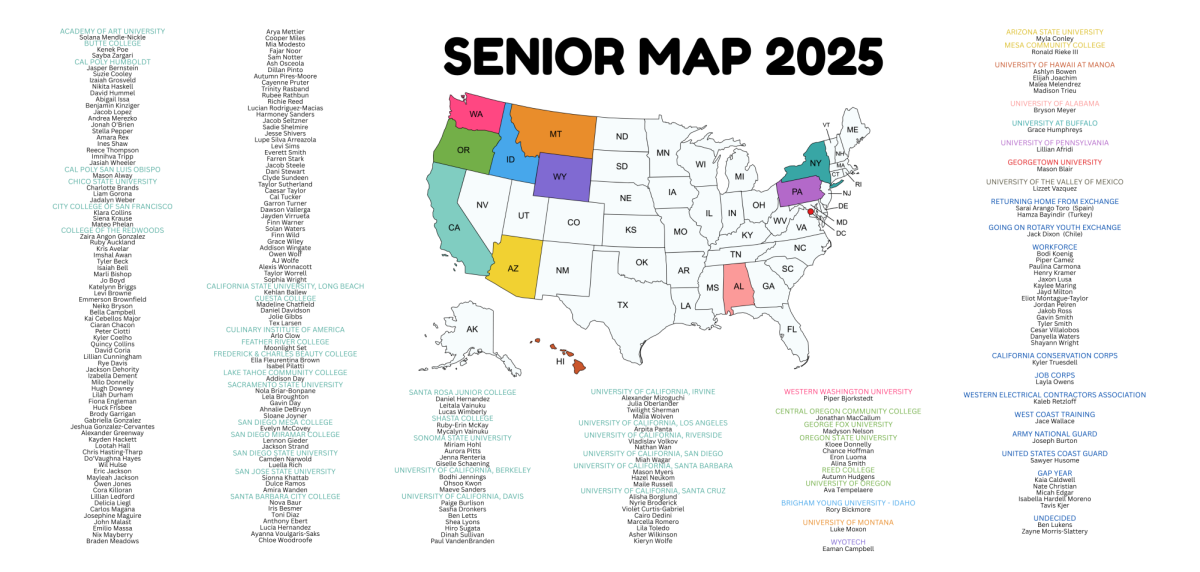California will be the first state to implement a high school graduation requirement for an ethnic studies class. California is requiring that ethnic studies be offered at public high schools starting the year after next due to Assembly Bill 101 which was passed in 2021.
This new graduation requirement, although being introduced in the 2025-26 academic year, will only be a requirement for the class of 2030 and all following classes.
The requirement was originally going to be implemented for the 2024-25 academic year, but was since pushed back because the state wanted to allow more time for schools to get teachers and be well-prepared to teach the curriculum. To prepare for this class, several history/social science teachers have taken an online class that allows them an insight into the ethnic studies curriculum.
“Ms. Rosebrook, Ms. Coriell, and myself all have just completed classes through UC Riverside to better understand the curriculum […] to be more effective teachers,” social sciences teacher Adam Pinkerton said.
“[We took] two different classes, one was on the theory of ethnic studies and the other one was more pedagogical-based, meaning classroom practices,” Jennifer Rosebrook, U.S. history and psychology teacher, said.
Jennifer Coriell, a European and U.S. history teacher, mentioned that the placement, incorporation, and duration of the new content, and possible class, are still up in the air.
“I think the biggest issue that we have right now […] is where it’s going to be placed in the high school curriculum,” Coriell said. “We don’t have that much more time before it needs to actually be a course offered and […] we don’t know where it’s going to go.”
This new class was initiated as an opportunity to introduce the study of cultures to students and broaden their minds. Some believe the current social science course curriculums do not properly cover ethnic studies, which was the inspiration behind the assembly member who proposed this bill, California democrat legislator, Wendy Carillo.
“The social science credential program does not cover ethnic studies sufficiently,” Carillo said to Cal Matters. “We maintain that at the present time, there is no existing credential that sufficiently covers the depth and breadth of the multidisciplinary nature of Ethnic Studies.”
Overall, the idea of this class as a requirement was to provide a better representation of ethnicities and differing cultures for students, and have a more inclusive curriculum overall.
According to an article from Cal Matters by Megan Tagami, the State Board of Education espoused a “curriculum that primarily focuses on the untold ‘histories, cultures, struggles, and contributions’ of Black, Latino, Native American and Asian American and Pacific Islander communities.”
Although the hypothetical teacher of a new ethnic studies class is also currently unknown, Coriell endorses the large impact an ethnic studies class would carry, and the important role the instructor(s) of the content would take on.
“It’s going to be a big project for whoever is going to enter into the job of teaching ethnic studies,” Coriell said.
There is much uncertainty in the method of implementing this new requirement, and additional planning is needed to effectively solidify this new element into the curriculum.
“There are lots of different components to ethnic studies and making sure we are including as many representations of different people, backgrounds, cultures, and history as possible.” Coriell said.






























